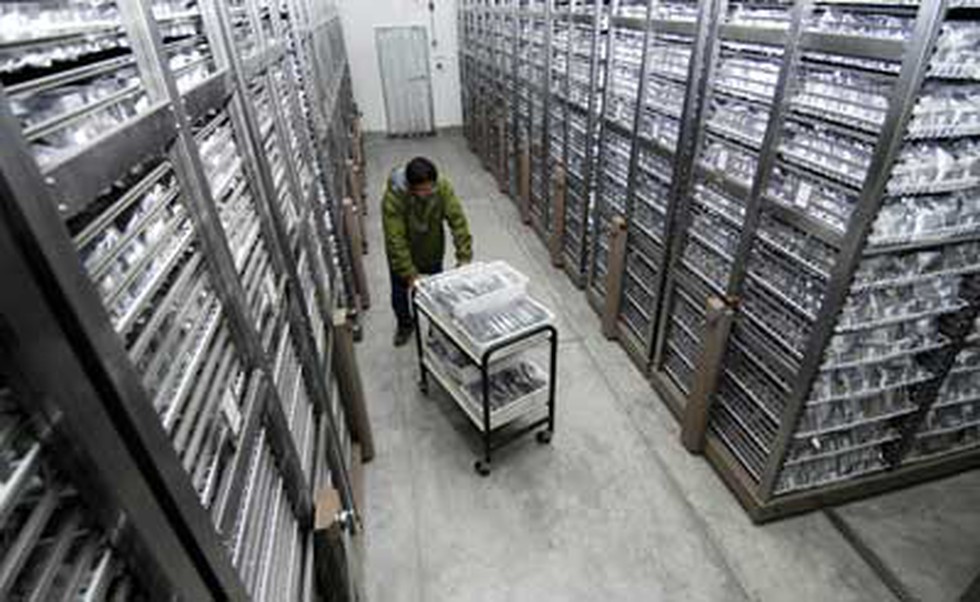Why in the News?
- The Government of India has announced the establishment of the Second National Gene Bank to conserve 10 lakh crop germplasm for ensuring future food and nutritional security.
- This initiative is part of the “Investing in Innovations” theme of the Union Budget 2025-26.
What is a Gene Bank?
- A Gene Bank is a storage facility that preserves seeds, pollen, and plant tissues to protect plant species from extinction and ensure their availability for future use.
- These stored samples help in crop breeding, scientific research, and biodiversity conservation.
- Gene banks play a crucial role in maintaining genetic diversity, essential for climate resilience and food security.
India’s First National Gene Bank
- It was established in 1996 by the Indian Council of Agricultural Research - National Bureau of Plant Genetic Resources (ICAR-NBPGR) in New Delhi.
- Current Status:
- Second-largest Gene Bank globally after the Svalbard Global Seed Vault in Norway.
- Houses 4,71,561 accessions of 2,157 species.
- Provides plant genetic resources for use by both the public and private sectors involved in crop improvement and genetic conservation.
National Bureau of Plant Genetic Resources (NBPGR)
- Apex Institution under the Indian Council of Agricultural Research (ICAR).
- Objective: Conservation, evaluation, and utilization of plant genetic resources for sustainable agriculture and food security.
- Headquarters: New Delhi.
National Gene Fund
- Established under Section 45 of the Protection of Plant Varieties and Farmers’ Rights Act, 2001 (PPVFR Act).
- Objective:
- Ensures fair distribution of benefits derived from genetic resources.
- Supports conservation efforts and promotes sustainable farming practices.
Provides financial incentives to farmers and institutions engaged in biodiversity conservation
